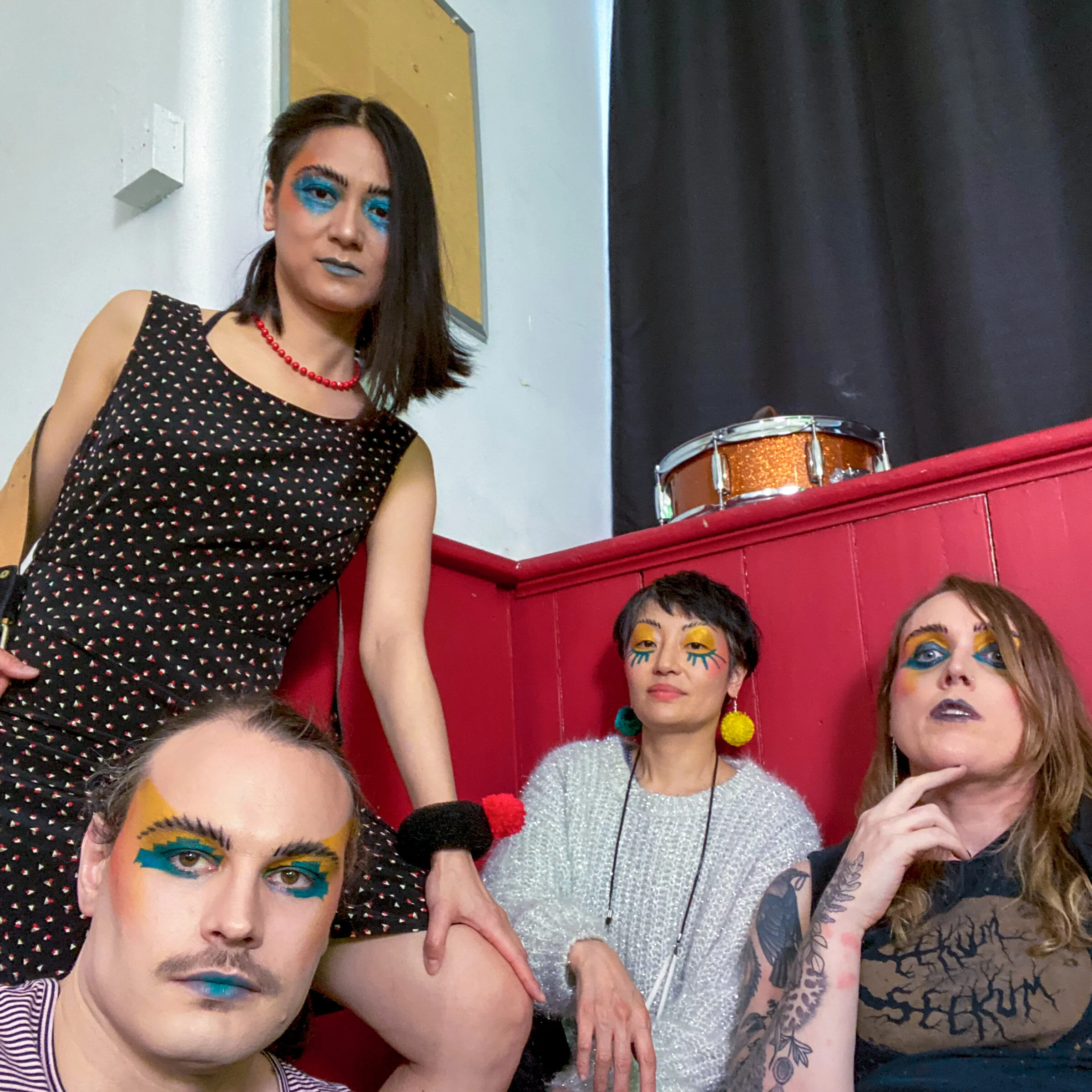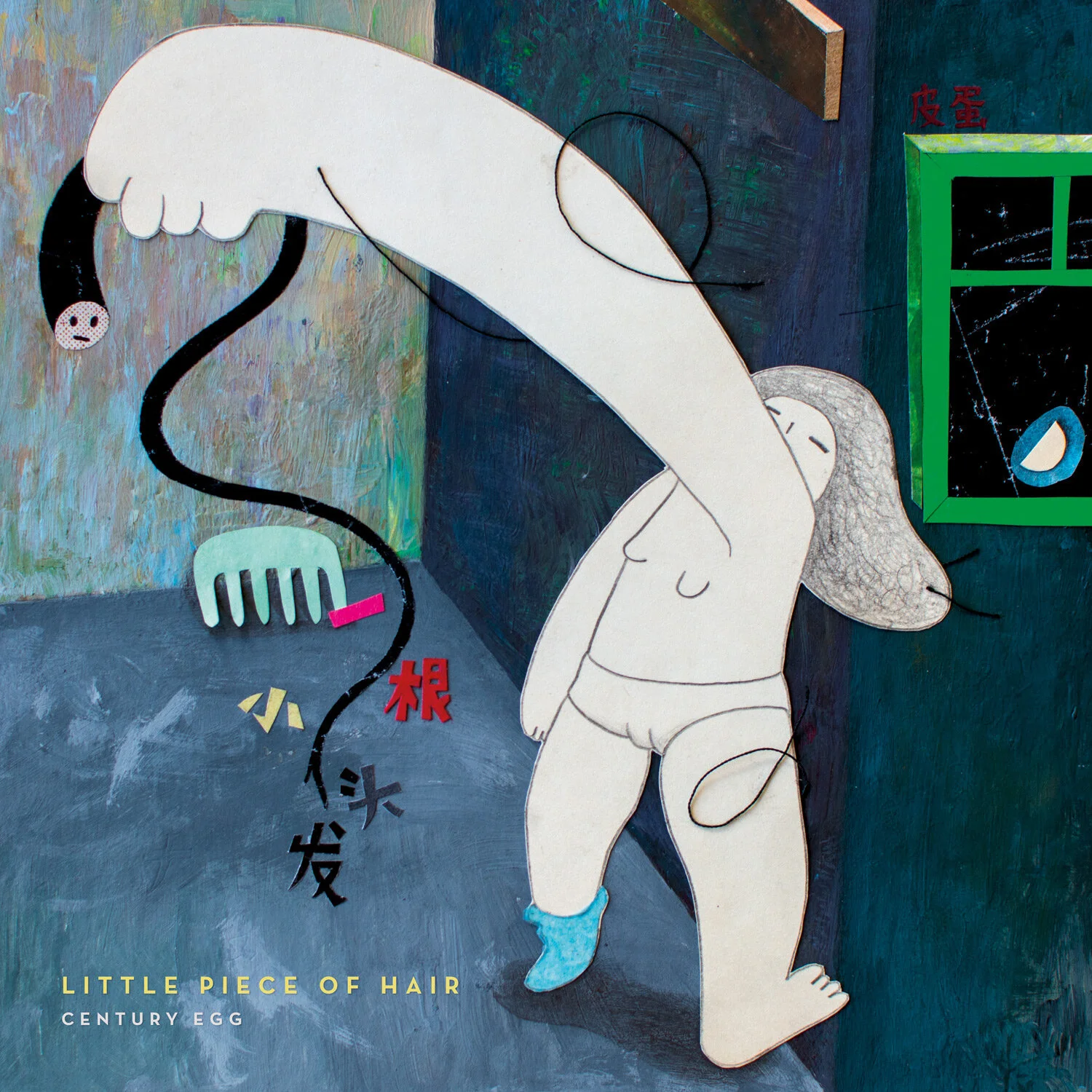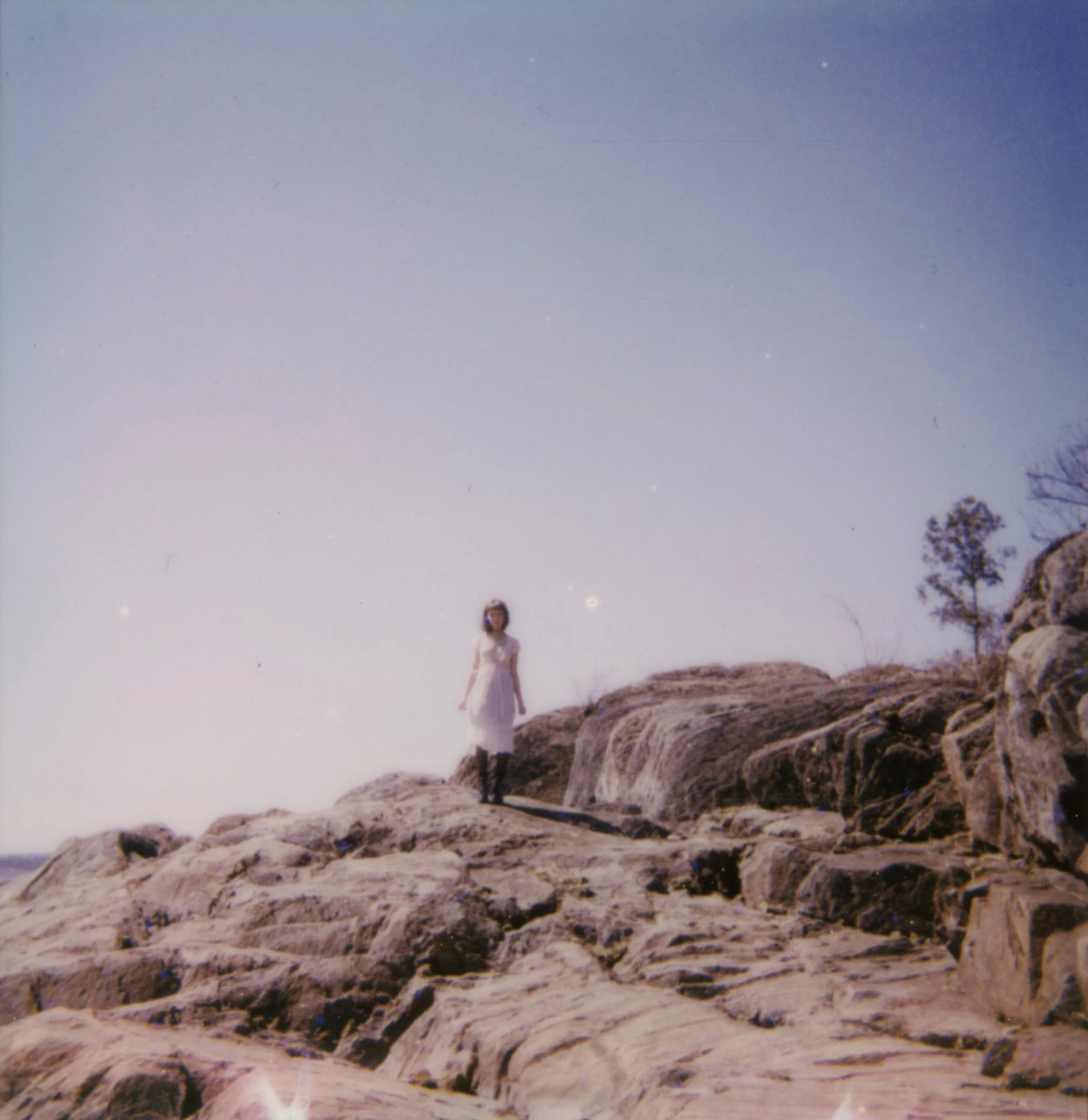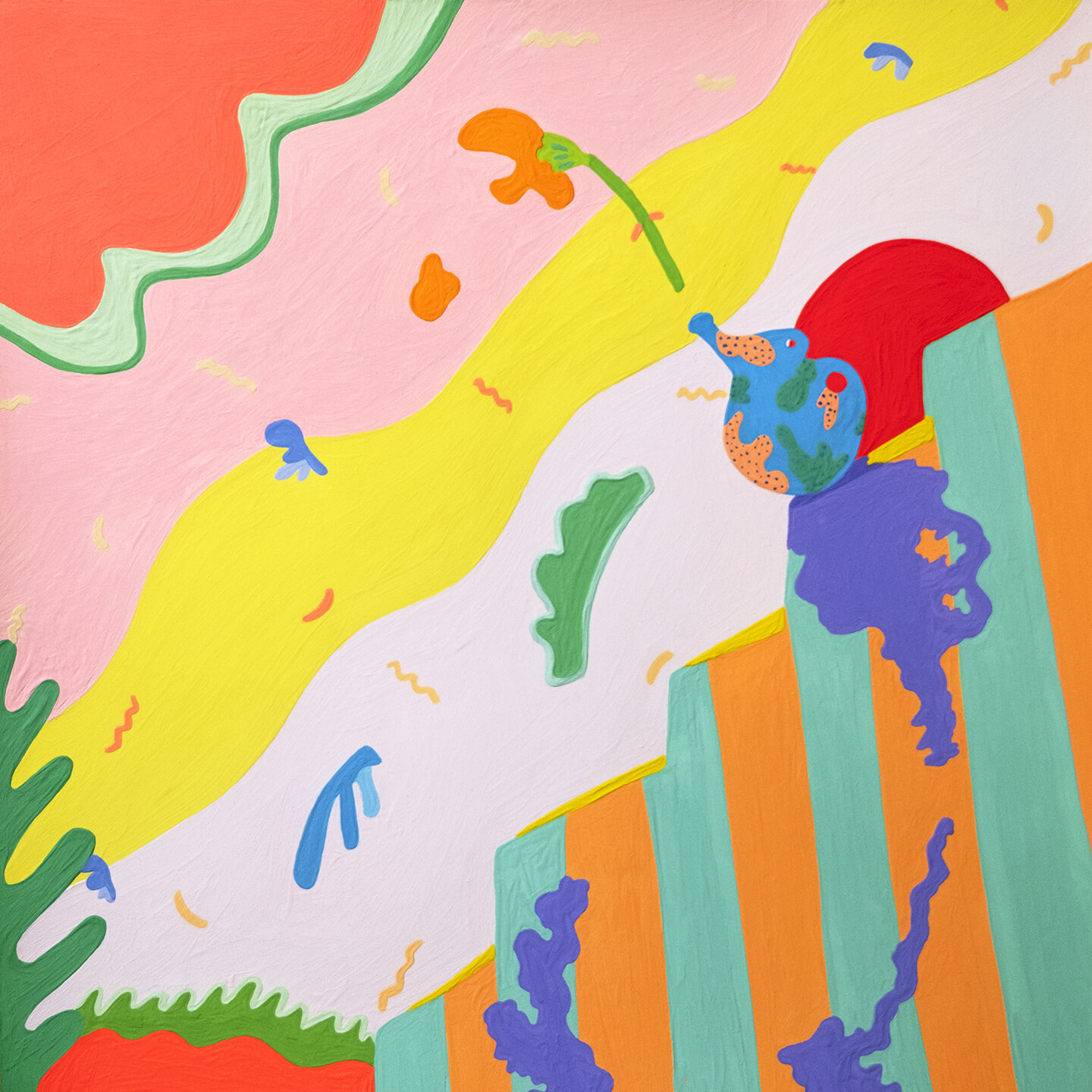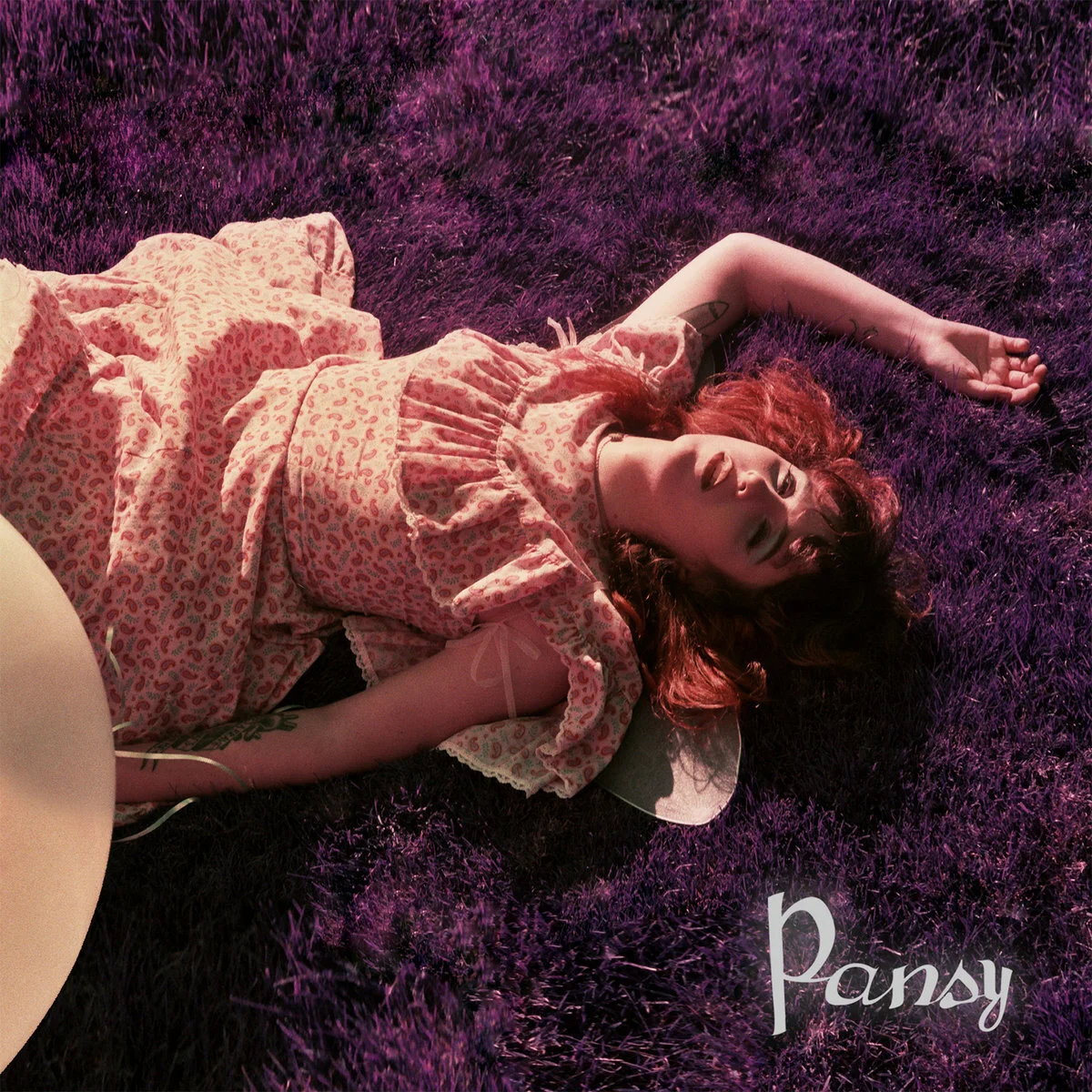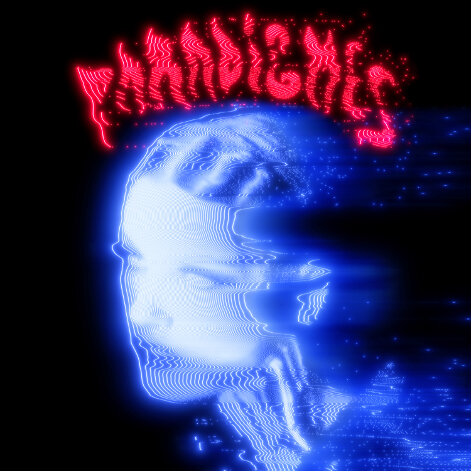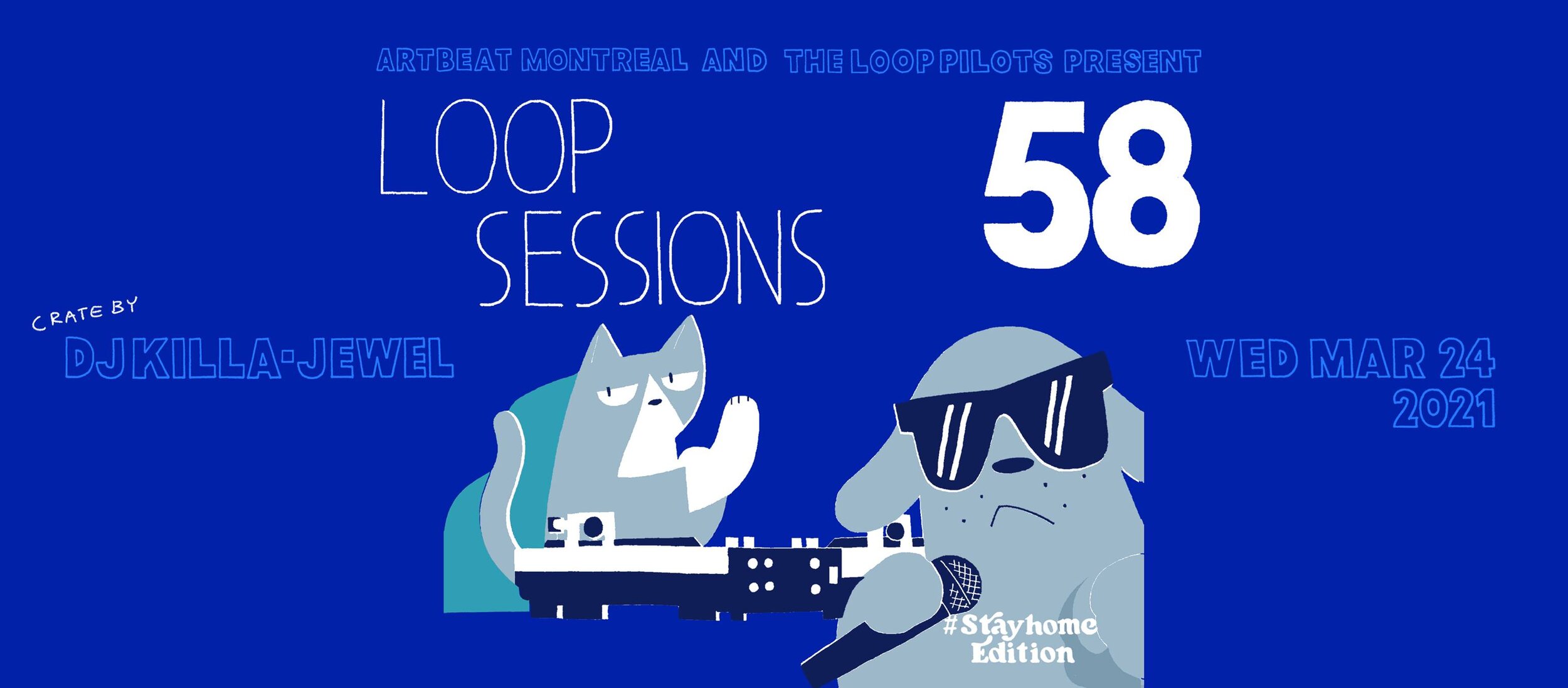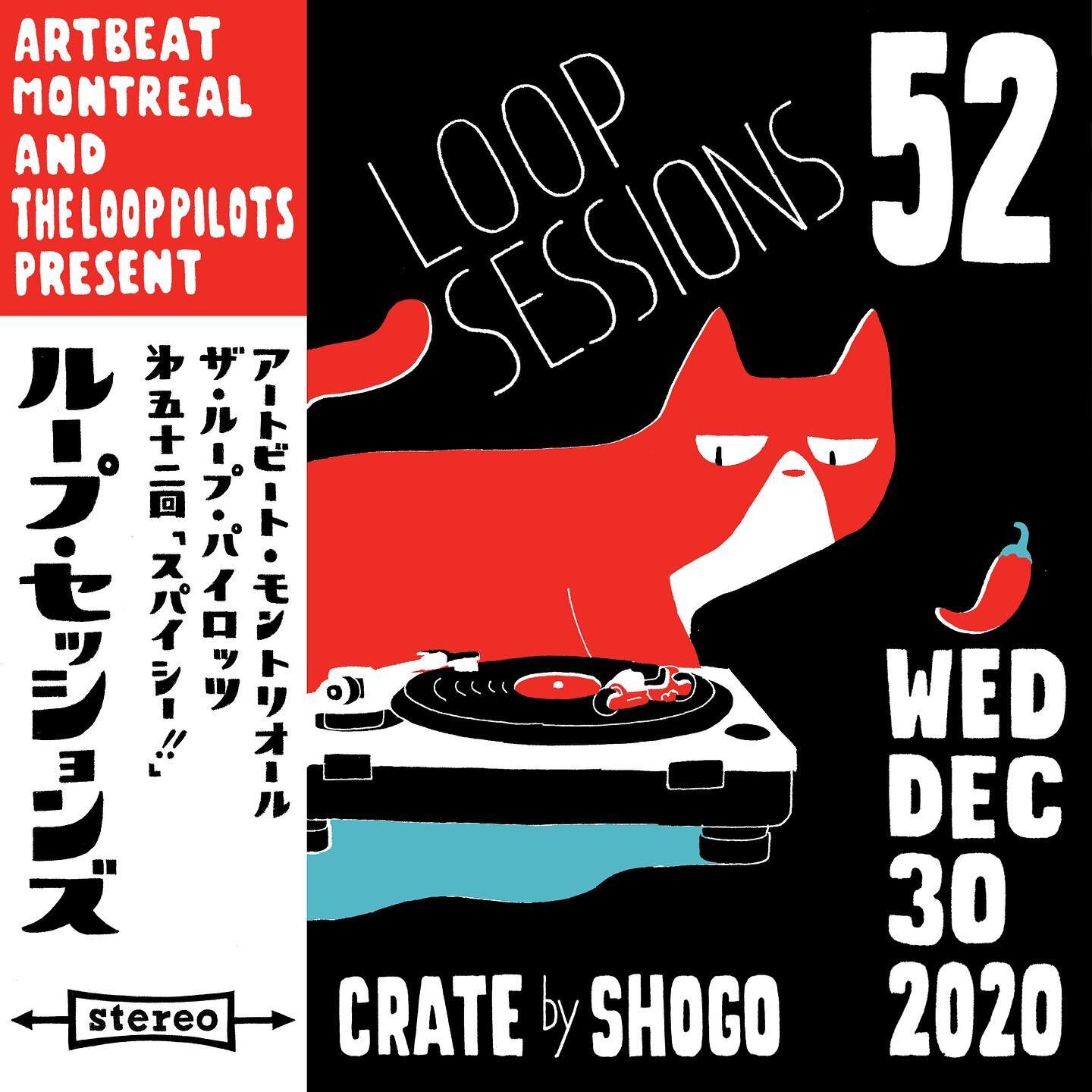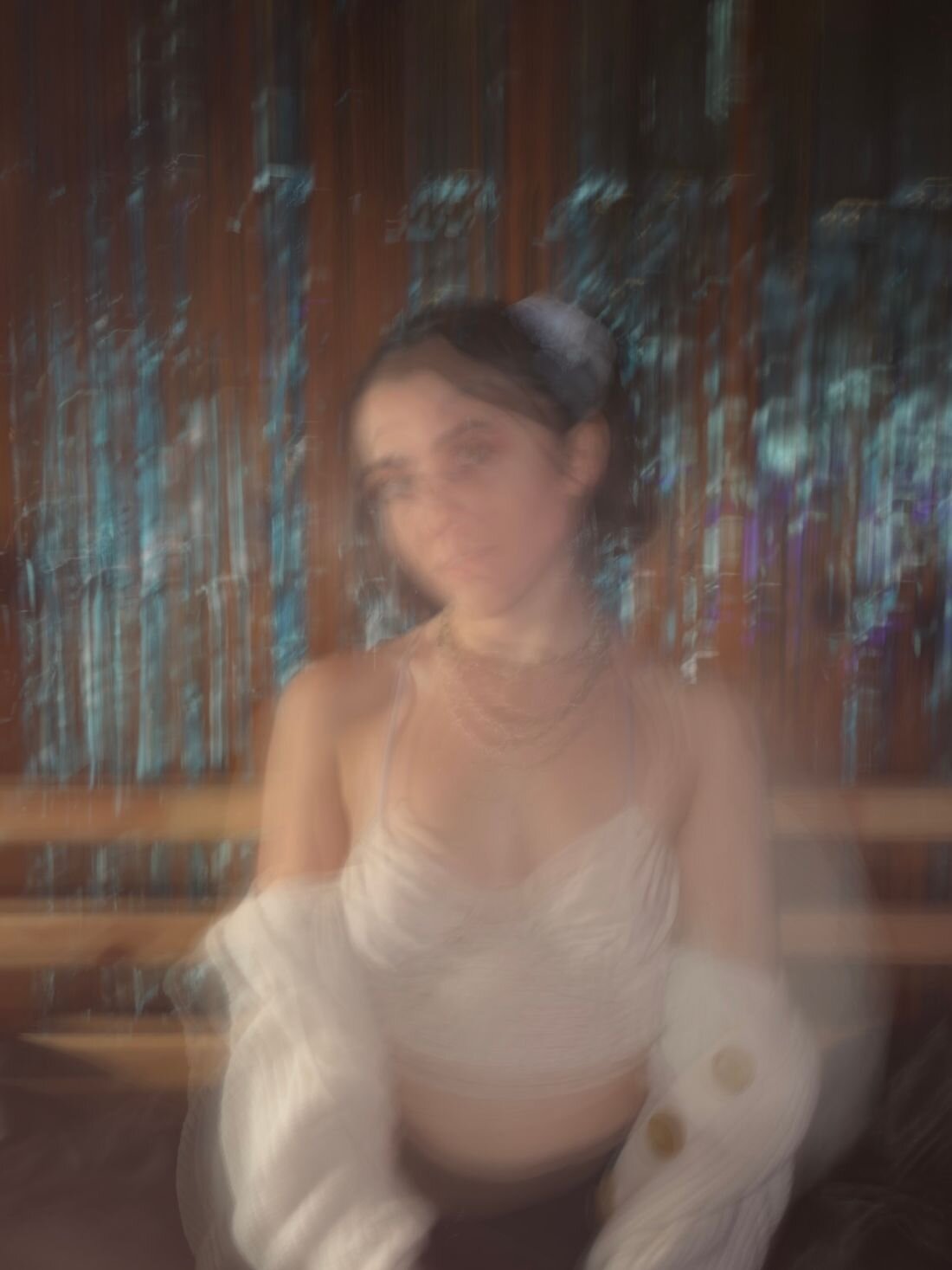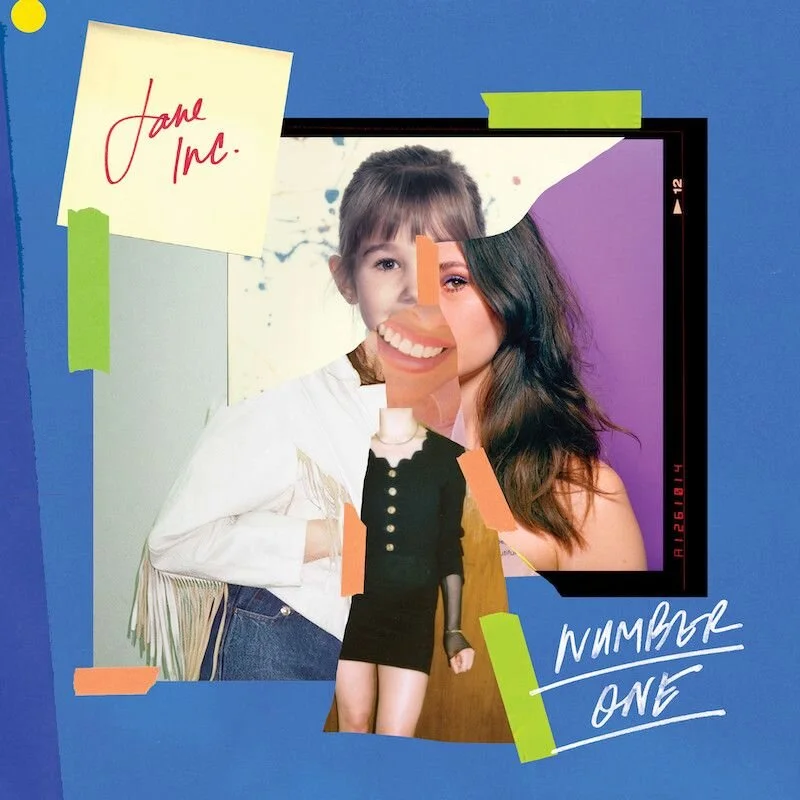Out Today: Dorothea Paas Curbs Expectation with Debut LP "Anything Can’t Happen"
Dorothea Paas, shot by Miriam Paas
To some, pursuing creativity is at best, money-making, and at worst, awkward and a best-kept secret. In either case, some kind of sacrifice is needed to “make it make sense” — you either sell out (gasp!), or give up on your dreams entirely to please others; maybe even yourself. We’ve all seen some iteration of this scenario:
“You’re going to be an artist? Have fun with that,” or; “You’re going to be an artist? How dare you try make a name for yourself!” (assuming your endeavors “work out” in some capacity)
The latter is especially rife within DIY circles, where settling for second-best has become the norm when push comes to shove, seeing as comfort is far too often associated with complacency in the art world, sigh.
Amidst all of this artistic turmoil, there is the “in-between” (which, by the way, isn’t any more or less secure). More often than not, this in-between looks like side-gigging your passions to make ends meet, because at the end of the day, bills have to be paid. That being said, there are some artists who navigate and wade in this liminality with grace and use it as a means of figuring out life’s many curveballs with a certain finesse; often times to their creative advantage.
Toronto singer-songwriter Dorothea Paas molds the perfect example of what achievements can come with taking things slow, especially in an industry that can wring you dry. On her new LP Anything Can’t Happen — out today via Telephone Explosion Records — Paas illuminates how she came to define success as encountering and reconciling self-discovery through her work, all while establishing growth on her own terms. The result is a folk-rock chrysalis composed of nine introspections on the self that have bloomed with Paas over the years.
Charmingly, Paas labels herself as an emerging artist, even though she really is anything-but. Over the last decade, she has lent her talents as a vocalist and guitarist to notable acts like Jennifer Castle and U.S. Girls, amid refining her solo skills in songwriting, recording and performing. In my conversation with Paas, she explains that her humility towards her work has been informed by the necessary embrace of the aforementioned “in-between”:
“I’ve never placed severe creative expectations on myself. I’ve always worked other jobs, and I feel like I will continue to work other jobs,” shares Paas in our Zoom call. “Even though my work now feels a bit more polished, allowing things to grow organically has taken some of the pressure off my writing and performances. Maybe it’s avoidant of me, but imagining music as my main source of income doesn’t feel sustainable. Maybe I need to think more about where I want this to go, or how to become a star? But for now, I like not being pulled by the concept of fame or being known for the sake of being known.”
Paas’ modest approach to musicianship has allowed her songs to take on many forms, from lo-fi cassette-deck hums to electrified folk whirlpools; filling both grapevine-invited house shows and downtown hotspots. This makes Anything Can’t Happen more mature than a classic debut, and has allowed Paas to develop a unique and intimate relationship with her craft.
“Not being a prolific songwriter lets me revisit old songs and slowly accumulate my repertoire. I like that I get to reevaluate their meanings as I grow; while listening to new music and getting new inspirations and thinking about how I want to channel my songwriting instincts.”
Being in this ongoing state of reflection and transformation has allowed Paas’ music to equally inform her personal life while processing and healing from “years of ruminating on loneliness, anxiety, sadness, love and relationships.”
“I don't think writing lyrics is my strong suit, but sometimes I channel literal pages of my journal to write a song. I’ve always been very intellectually in-touch with my feelings, and I feel like it isn't until I take a journal entry and turn it into a song that I realize how deeply affected I am by a situation I’m going through. Over time, I’ve gotten a better insight on my past, and I understand more how an audience or a listener might be hit by a sentiment.”
Dorothea Paas, shot by Miriam Paas
Knowing that having my journal read to an audience would be my own personal hell, I ask Paas how she incorporates this level of vulnerability into her songwriting.
“In a generic sense, I feel like there has been a weird double-bind when it comes to diaristic writing for women songwriters. I feel like there is both a stereotype that women are expected to ‘write this way,’ but also for us to not write about diaristic things and challenge expectations? I don't know how to explain it, really, but I’ve just felt this weird external pressure to change the way I write to be more abstract. That being said, I think there is something very powerful about writing your own experiences really plainly. I do think that it is a strength of my work in many ways.”
Coupled with her intention to balance improvisation and construction in her songwriting, Paas’ candid lyricism extends a level of intimacy to the listener that she says conjures “a very specific feeling.”
“I don't think [my lyrics] are vulnerable in the sense that I'm like, sharing my most embarrassing thoughts. That's what Twitter is for. Actually, I feel deeply humiliated by my Twitter and I'm actively trying to stop writing embarrassing things on there,” Paas laughs. “My lyrics are more like diamonds that have been forged through years of therapy and introspection and conversations with my friends… the final by-products of condensing thought. If they’re communicated clearly, they can heighten the sonic elements of what music can do, which is create a shared sense of euphoria and connection.”
Dorothea Paas, shot by Miriam Paas
Towards the end of our conversation, Paas notes that she feels honoured to write songs that can connect to audiences and actualize the viscerality of the difficult emotions we all experience. “There’s something about being the writer and the vessel for [these feelings] that inspires me. I click into another mode and it’s very uplifting.”
- - -
Anything Can’t Happen is out on Telephone Explosion Records today, May 7th, 2021. Paas will be performing at this year’s Megaphono festival and showcase, taking place virtually from May 25-26th, 2021. For more information, visit Megaphono’s website here.
ANYTHING CAN’T HAPPEN
Out May 7, 2021 via Telephone Explosion Records
1. One
2. Anything Can't Happen
3. Container
4. Closer to Mine
5. Interlude
6. Waves Rising
7. Perfect Love
8. Frozen Window
9. Running Under My Life
Mixed by Maximilian “Twig” Turnbull, Steve Chahley
Mastered by Heather Kirby, Dreamlands Mastering
All art and lettering by Vida Beyer
Design and layout by Steve Sidoli, Dorothea Paas
































